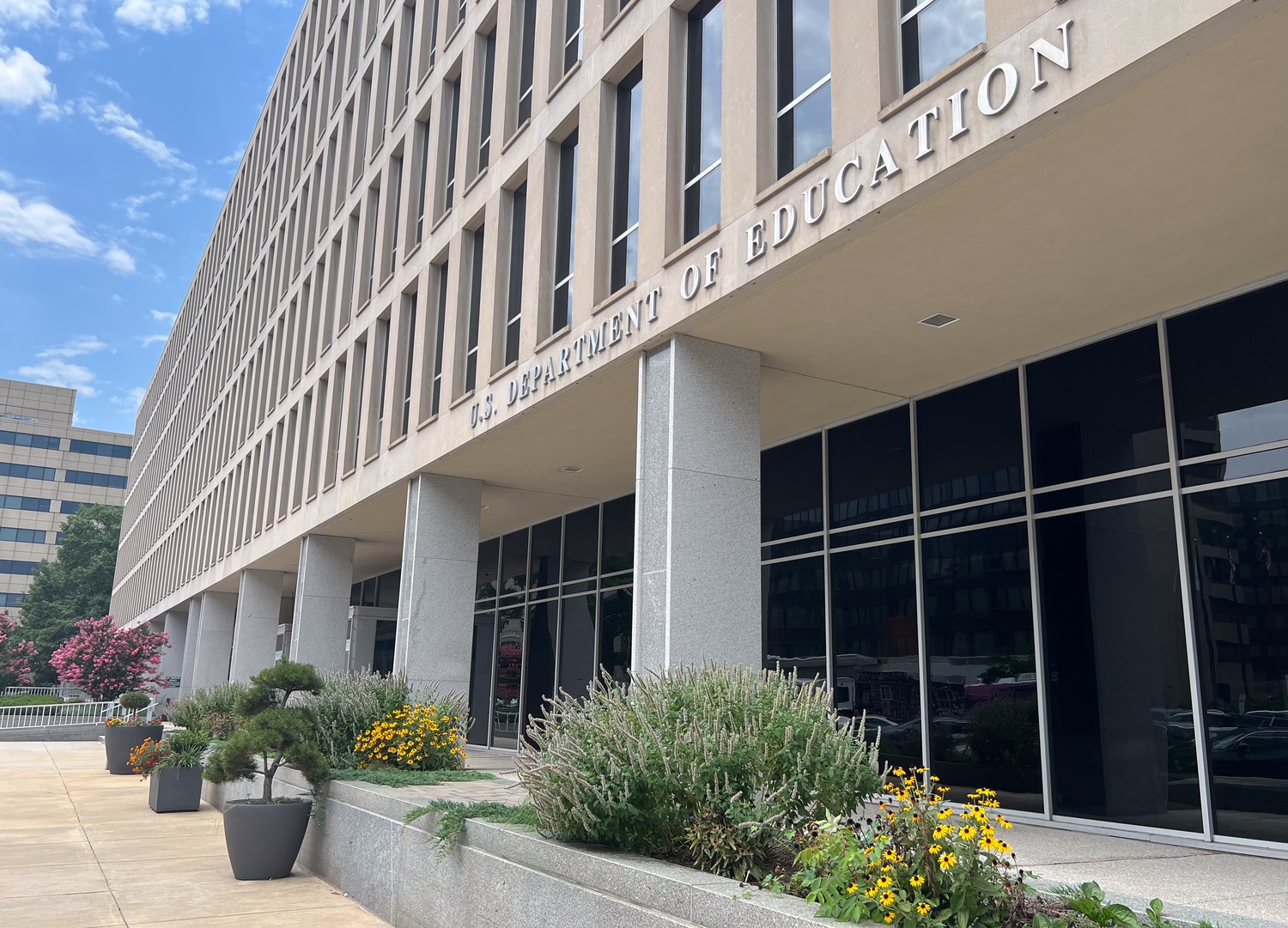The complaint comes just months after the Department of Education opened an investigation into Harvard over the University’s handling of allegations of antisemitism. In the months since Hamas’ Oct. 7 attack on Israel, students have been increasingly vocal with concerns of antisemitism, Islamophobia, and anti-Palestinian bias on campus.
Christina A. Jump, the head of the MLFA’s civil litigation department, said in a Monday interview that all the students in the complaint have “experienced harassment and discrimination and intimidation based on being either Palestinian, Muslim, Arab, being perceived to be that, or being allies of their Palestinian fellow students.”
The group of students — which includes affiliates from Harvard College, Harvard Divinity School, Harvard Graduate School of Arts and Sciences, and Harvard Law School — allege “negative treatment by both the administration and Harvard officials as well as fellow students on campus,” Jump added.
Harvard spokesperson Jason A. Newton declined to comment on the complaint. An Education Department spokesperson said the department does not confirm civil rights complaints in a Tuesday email.
The majority of the incidents described in the complaint occurred after Hamas’ Oct. 7 attack against Israel, according to Jump. She said that the most common complaint among the students has been that they have experienced discrimination and verbal abuse on Harvard’s campus as a result of wearing a keffiyeh, a traditional Palestinian scarf.
“When they simply walk around campus wearing the keffiyeh, they have been verbally attacked, they have had things thrown at them,” Jump said. “They have had students and others accuse them of being terrorists for what they’re wearing.”
Jump and the press release also criticized the University for not doing more to investigate allegations of anti-Muslim and anti-Palestinian bias and to better protect students on campus.
In the days after Oct. 7, a doxxing truck appeared on campus displaying the names of students allegedly affiliated with student groups that signed onto a controversial pro-Palestine letter.
The University formed a doxxing task force last year to support affected students. More recently, interim President Alan M. Garber ’76 announced two presidential task forces to combat both antisemitism and Islamophobia on campus.
Jump, however, criticized the doxxing task force and said students did not receive sufficient support from the administration.
She said that the doxxing task force “never took any concrete steps, never stopped the doxxing, never did anything to help the students with the doxxing.”
“They had to help themselves as best they could — just not a position that any student should need to be put in,” Jump added.
Jump said that Harvard needs to do a better job of creating an environment where students can focus on their classes.
“The first thing I would like to see for the students is that they get a safe place to learn and can return back to the classrooms without fear,” Jump said. “At the very least, what Harvard University owes all of its students is a safe place for them to do what they went there to do.”
“If they’re not getting that, then there’s really no point in them being at Harvard,” she added.

